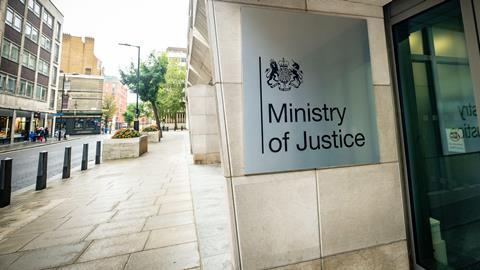The Ministry of Justice is looking at whether certain aspects of the Netherlands’ civil legal aid system could be adopted in England and Wales - including an application process based on mutual trust between the Legal Aid Agency and providers.
The findings of an international comparator report commissioned for the government’s civil legal aid review, examining how legal aid is delivered overseas, was published yesterday.
Policy ideas identified for ‘further investigation’ include a ‘high trust’ method for accepting applications for legal aid certificates in the Netherlands. Lawyers registered with the Legal Aid Board (LAB) submit an online application on behalf of the client. Once the board has assessed the application, legal aid is granted.
The report says: ‘For trusted providers, the High Trust method has streamlined the requirements to demonstrate that an application for a certificate has met the “merit” requirement and it takes less time to receive verification from the LAB. Lawyers operating under the High Trust method are required to demonstrate greater compliance by operating in accordance with administrative procedures and rules.
‘In return, the LAB makes it easier for these lawyers to apply for certificates by eliminating the requirement to send documents along with their application (e.g. financial statements) and expedites the process for verification. Applications for providers operating under the High Trust method are accepted automatically.'
Payment is withdrawn for those who have wrongly made an application and the firm may be subject to more extensive audits. ‘However, the LAB aim to work collaboratively with providers to improve compliance and understand errors which have been made. This may include training and help with difficulties providers have experienced,’ the report says.
Other policy ideas to be further explored include the Netherlands’ tiered model for identifying, triaging and prioritising cases, and the US's cross-government efforts to increase access to justice.
Welcoming the report, Law Society president Nick Emmerson said Chancery Lane is exploring how the Netherlands model could translate into an England and Wales context.
However, he added: ‘Any alternative model will simply not work unless the government provides the funding and investment needed to ensure that legal aid work is financially sustainable for both solicitors and not for profit providers who are the backbone of the civil legal aid system.'
The MoJ will publish a green paper in July.
This article is now closed for comment.




























7 Readers' comments